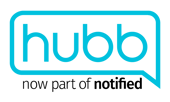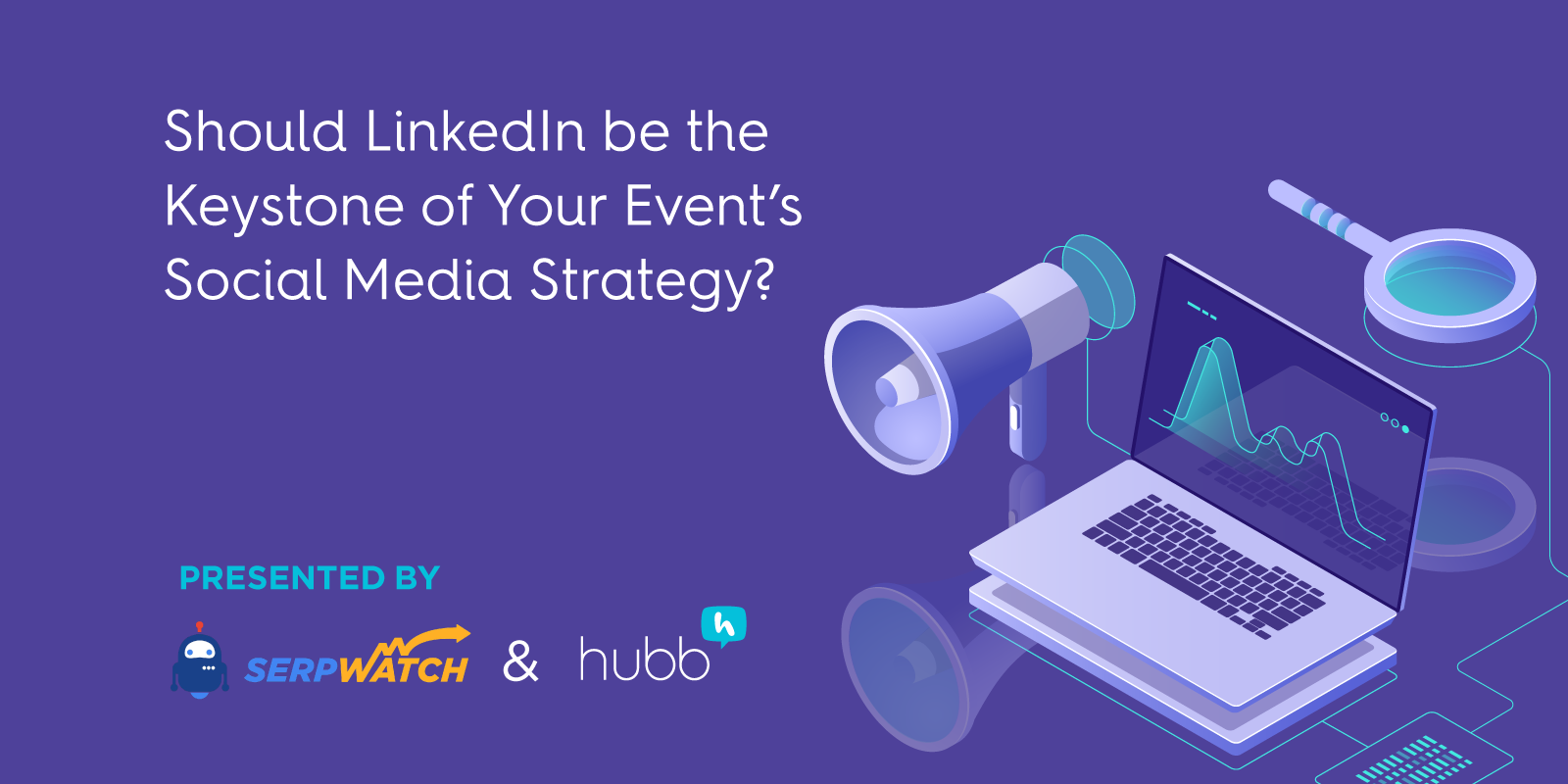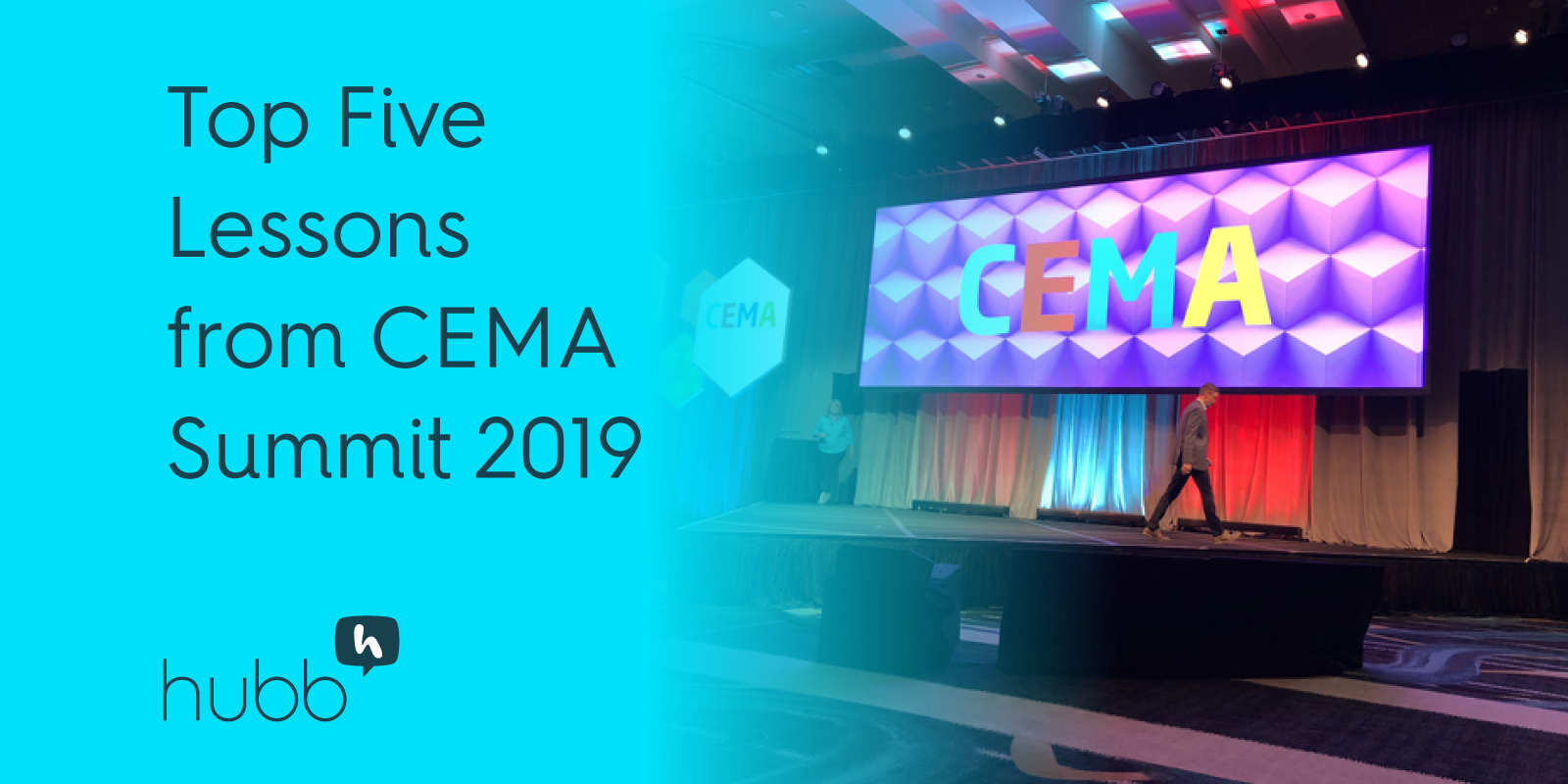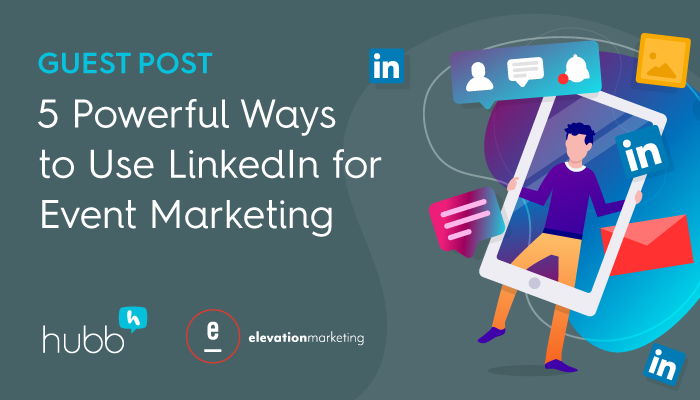
Good news! The same skills you use to plan amazing events can help you get articles published in the media. Here's a few practical tips for engaging with the media to build relationships and get some press.
First of all, think about what you’re looking to accomplish. If your goal is to drive more registrations, then you’ll want people to a) know your event exists and b) get the right people excited about it. The audience for your event is unique. They likely have their favorite websites, magazines, TV news and blogs where they go to learn about the topics your event covers. Your job is to court those outlets.
Reach out to the right people
Some media outlets have a specific focus and others are much broader (think the Economist vs USA Today). Which is best for reaching your target audience? Even the broad topic publications are going to have sections (with assigned editors and writers) that cover specific topics. Think the sports section vs the politics section. You’ll want to think about not only what outlet, but also what sections are best suited to your needs.
A few helpful tips for identifying media targets. Look at who has covered similar events to yours (search for them in Google or— better yet— Google News). Also consider surveying your attendees or members and ask them where they get their news.
Need to find a writer or their contact information? The contact page of their websites can be helpful, and so can Google. With a little bit of digging, you almost certainly can find any contact information you need.
Don't box yourself in on outdated conceptions of media. Print and television can be great, but often online or niche media will drive the biggest impact. Also, don't discount unaffiliated writers or influencers. If somebody has a significant following on Twitter, YouTube, or even Snapchat, they can be as valuable to your event as a traditional journalist.
A note for folks working at bigger organizations:
If you’ve got a communications team, be sure to coordinate with them early in the planning process to create your plan of attack. Some communications teams will want to handle every aspect of interacting with the media, in which case the event manager's role will be supporting in nature. Other communications teams will take the opposite tack and defer to the event manager, supporting their initiatives when needed. However you want to handle it, make sure everyone has a clear understanding of who is responsible for what to avoid confusion. Take our word on this one: the best way to annoy the media is to have three different people from the same organization who haven't coordinated reach out to them about the same story.
Make it interesting
The first rule of getting the press to cover your event is to be newsworthy. A reporter doesn’t care about your event, unless you give them a reason to. Do research into the types of stories the media you're targeting publishes, and then find out how can you emulate them. Maybe it's an award you're giving out. Maybe it's a big-name speaker. It could have to do with some unique aspect of the location or area’s history that your event is playing into. Or perhaps it's another angle altogether. Put yourself in the shoes of the writer (or editor); what are their audiences interested in?
Make It easy
Due to declining ad revenue, members of the media are under incredible pressure to churn out content at ever increasing rates. Anything you can do to make their job easier will be appreciated. Provide the media with fact sheets and other data for their articles. Consider providing them with press releases; you'd be amazed at how often an overworked journalist will copy a press release word-for-word in their story. This is a great opportunity to paint your event and organization in the exact light you want.
Do you have a big announcement at your event? Give the media heads up on it, so they can get started on their stories Think about it—do you like it when you have a big last minute task dropped on you? Neither do journalists. Give them a heads up on big news so they can get a head start.
Also, give the media access to the key executives and—better yet—customers who will tell your story and business case how you want it told.
Make it special
If you're planning on having press on-site during your event, make the experience worthwhile for them. Make them want to attend and help them enjoy the event as much (or more) than your attendees.
Give the media an experience they'll go back and brag to their colleagues about; reserved seating at the keynote, a special welcome reception, nice hotel options, special transportation options. Create a specific experience for them so they leave feeling connected to your brand. It's human nature to want to reciprocate generosity, so being lavish in your hospitality will often contribute to positive coverage.
Create a space for the press to work and quickly get news out the door; set aside an area with classroom-style seating and hardwired internet and phones so journalist can work without technical issues. We also like to create quiet areas where they can work without distraction, film interviews, or record podcasts. Help the media do their jobs and they'll help you do yours.
Remember: the week of your event is just one part of the ongoing relationship with the media. Nurture it year-round and it will bloom for you during your event.
Learn more tips for marketing and promoting your event in our free Event Marketing Guide!






![Effective Email Marketing Strategies for Events [Infographic]](https://1925165.fs1.hubspotusercontent-na1.net/hubfs/1925165/Serpwatch-Infographic-Social%20%281%29.png)
![[Webinar] Draw crowds with effective event email marketing](https://1925165.fs1.hubspotusercontent-na1.net/hubfs/1925165/November-Webinar-Social-1.png)
